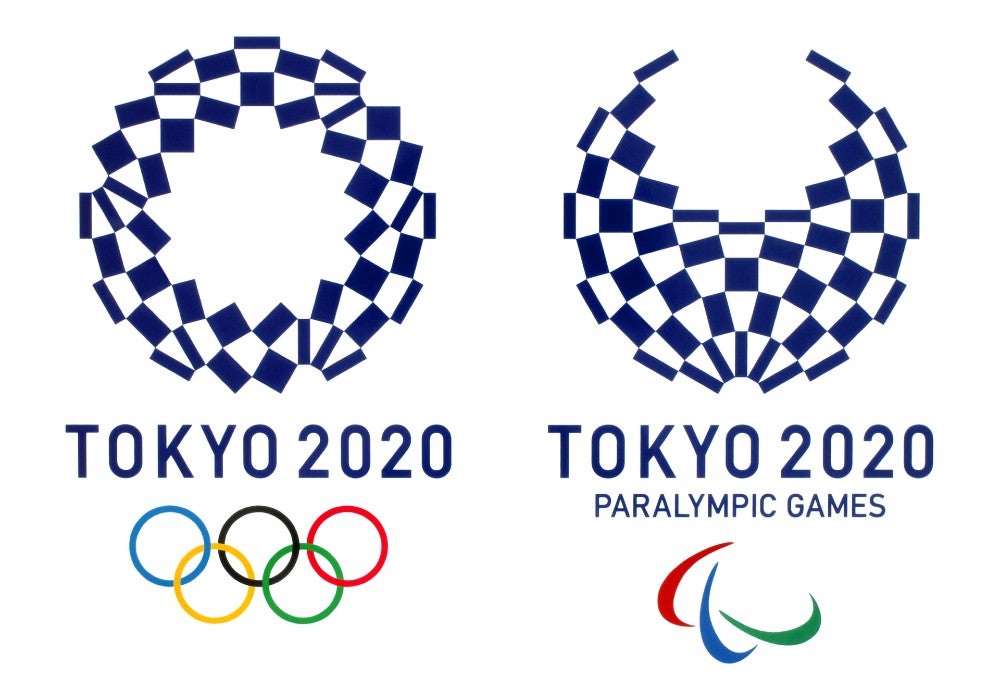With the jury still out on whether domestic spectators will be allowed at Tokyo 2020, the prospect of a complete ban on attendance cannot be dismissed. This scenario would be disastrous for several tourism-related industries in Japan:
Lodging for Tokyo 2020
Many Japanese hotels were built and refurbished in time for Tokyo 2020. According to GlobalData, the number of hotel establishments that opened in Japan between 2013 (the year that it was announced that Japan would host the Olympics) and 2019 increased by 894, showcasing the investment that has occurred since Tokyo 2020 was announced.
However, according to Tokyo Shoko Research Ltd, the number of bankruptcies in Japan’s hotel industry jumped by 57.3% in 2020 from the previous year. If the Olympics had taken place in 2020, it is likely that some of these hotels would have not collapsed due to the wave of tourism the Olympics would have created. If the games are played behind closed doors in 2021, hotel bankruptcies could well exceed 2020 levels as many smaller businesses will not be able to deal with another summer of rock bottom occupancy rates. Additionally, the large-scale hotels that have been built to directly cater for the increase in visitation caused by the Olympics will remain empty, leaving stakeholders in the lurch with little return on investment.
Airlines
The one-year delay has added to the woes of major airlines operating in Japan, which originally anticipated fleets at full capacity over the summer of 2020. On May 7, 2021, Japan Airlines posted an annual net loss of $2.6bn and Japan’s largest airline, All Nippon Airways, reported its worst-ever annual loss of $3.7bn for 2020. With overseas spectators having already been barred from the event in 2021, the airlines’ most valuable customers are already out of the equation. If domestic visitation is also banned, meaningful recovery starting in 2021 will look like even less of a likely prospect. Japan Airlines and All Nippon Airways dominate domestic and international routes. According to GlobalData, these two industry heavyweights controlled 48.7% of the Japanese airline market in 2019, which also means that they will have taken the most impact from the pandemic and the potential impact of no visitation for the Olympics.
Retail
Many retailers in Tokyo would have been expecting a significant boost to revenues due to visitation created by the Olympics. Like other industries involved in tourism, the retail sector has invested heavily in the build-up to the Olympics. Many new concepts have been trialled to improve retail and touristic experiences for the games, including mixed-use spaces that offer retail, food stands, coffee shops, art, cultural events and product launches. If no visitation is allowed, minimal returns will be seen on this kind of expenditure for the event, further forcing Japanese businesses into the red.
Using the industry examples above, the prospect of no attendance would take things from bad to worse for Japanese businesses involved in the tourism sector. The wait for the announcement on spectatorship is agonising for all businesses involved, as domestic attendance would at least allow for the recouping of some losses.
How well do you really know your competitors?
Access the most comprehensive Company Profiles on the market, powered by GlobalData. Save hours of research. Gain competitive edge.

Thank you!
Your download email will arrive shortly
Not ready to buy yet? Download a free sample
We are confident about the unique quality of our Company Profiles. However, we want you to make the most beneficial decision for your business, so we offer a free sample that you can download by submitting the below form
By GlobalData








Related Company Profiles
Japan Airlines Co Ltd